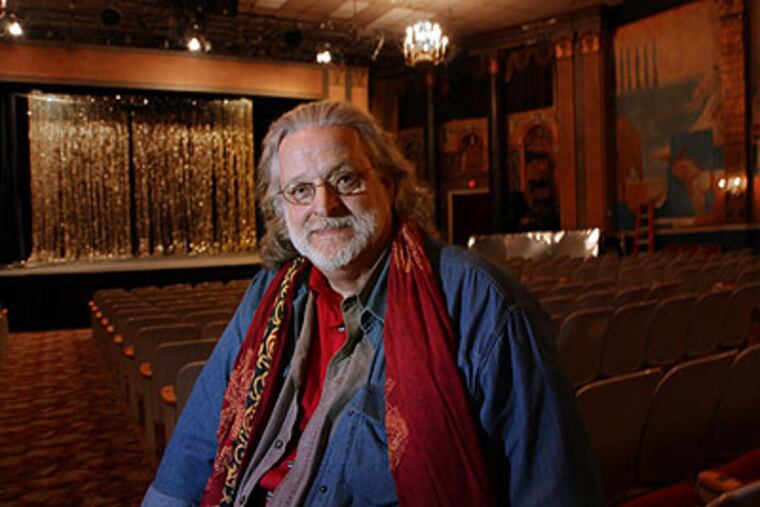New Jersey releases $12 million in arts funding
New Jersey is releasing more than $12 million in arts funding three weeks after the state froze grants in "discretionary categories" to help close a massive budget deficit.

New Jersey is releasing more than $12 million in arts funding three weeks after the state froze grants in "discretionary categories" to help close a massive budget deficit.
The measure eased the uncertainty faced by dozens of museums, theaters, and other organizations that had been awarded the grants in July - and wondered how they would pay creditors and continue programming without the promised state checks.
"Had those funds not been unfrozen, it would have had an extremely deleterious impact on so many organizations in the state that are already negatively affected by the global economic downturn," which resulted in decreased sales and private and public support, said Mark Packer, president of ArtPRIDE New Jersey, a state coalition of about 200 nonprofits.
He said such organizations - already operating on a fiscal razor's edge - had taken out lines of credit and dipped into cash reserves with the expectation that the state money would arrive at the end of the year. Some groups were facing closure, Packer said.
Susan Evans, a spokeswoman for the Department of State, said her office would process the grants immediately.
The Treasury Department had enacted the freeze as part of efforts to plug a $1 billion budget deficit. The arts grants, already down 25 percent from the previous year, are funded by a tax on hotel and motel occupancy.
Some in the arts community, where about 160 organizations awaited the state funding, tempered their enthusiasm for the reversal with a sober acknowledgment of future economic challenges.
The Ritz Theatre Co. in Haddon Township already has downsized to cope with eroding public support, dropping four full-time positions in the last year and letting go of its art gallery director. The box office is no longer open on Saturdays.
"There's optimism in our voice, but we're ready to strap on the belt and operate as thin as we can," said Bruce Curless, producing artistic director of the Ritz, which will receive $58,536 in state money.
The Appel Farm Arts and Music Center in Elmer has cut back on programs that do not generate revenue, such as activities in economically challenged schools, said Packer, the organization's executive director. The center received more than $400,000 in state grants this year.
Packer forecast further cuts to the center's programs for those with limited access to art - people in nursing homes, hospitals, and dilapidated schools - if public support continues to decrease.
Mindful of the state's fiscal troubles, Symphony in C in Camden is looking for ways to cut costs.
"We feel that especially given the current financial status of the State of New Jersey, that we need to be planning very well . . . and we're going to really look at where we can utilize some cost savings," said Pamela Brant, vice president of marketing and public relations.
Brant said the organization was considering offering more concerts with fewer players and less complex pieces, which would decrease payments for musicians, as well as for rehearsal time. Symphony in C's average concert uses 78 members and costs around $80,000 to produce, she said.
Musicians who receive less performance time could be given opportunities to do more in educational programs, for which funding is less affected, Brant said.